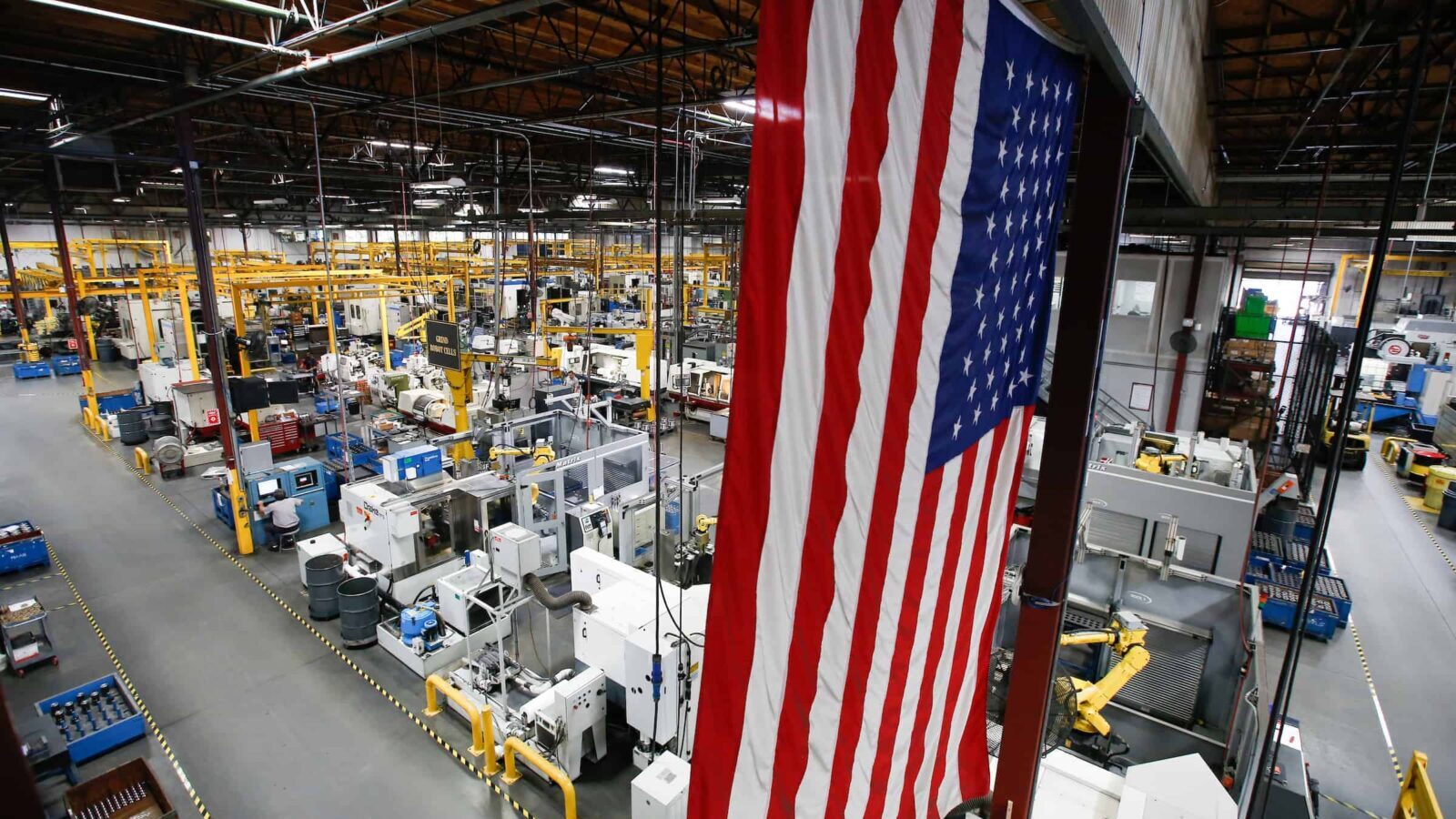
New Report Dives into the Skills Needed for Modern Manufacturing
A Study from The Manufacturing Institute, Rockwell Automation and PTC Software
Washington, D.C. – The Manufacturing Institute, the workforce development and education partner of the National Association of Manufacturers, in partnership with Rockwell Automation and PTC software, released a forward-looking study on where the manufacturing sector will be headed over the next 5 to 10 years and how those changes will impact the necessary skills that will be required of employees. More advanced processes and innovations will necessitate enhanced data and technological skills. As a result, manufacturers will need to support or provide new elements of continuous learning for existing employees, and the skill sets of new employees will need to become increasingly more sophisticated. At the same time, soft skills will always be important. This need for advanced skill sets for modern manufacturers comes against a backdrop of a tight labor market, complicating the search and heightening the already fierce competition for talent.
“To keep pace with the rapid deployment of Manufacturing 4.0 technologies and shifts in the economy, it’s critical for manufacturers to take a longer-term view of the skills they will need to succeed in the next decades. This study underscores the need to prepare students for future careers and to provide upskilling opportunities for today’s workers—and offers proven, real-world solutions,” said Manufacturing Institute President Carolyn Lee. “The Manufacturing Institute will continue to build and execute programs to solve current and future workforce challenges and collaborate with manufacturers across the country to equip the next generation of manufacturing leaders.”
“Recent data show that over the past year, manufacturers have had an average of 860,000 open jobs each month,” said Center for Manufacturing Research Director and NAM Chief Economist Chad Moutray. “Manufacturers must continue to lead the way in skills development if we are going to close the skills gap and make the industry more competitive. Through interviews with leading executives, we have distilled the skills that will be most important—and what actions manufacturers can take today to prepare the workforce of tomorrow.”
“We are pleased to work with The Manufacturing Institute to emphasize this important study on future skills needs,” said Rockwell Automation Chairman and CEO and NAM Executive Committee member Blake Moret. “The best training programs have people at the forefront—people with the skills to interact with technology, who are freed up from repetitive, physical labor and who bring critical thinking, creativity and innovation to the factory floor and manufacturing industry.”
“We are pleased to partner with The Manufacturing Institute and Rockwell Automation to reinforce the importance of skill development for the manufacturing sector,” said PTC President of Digital Thread and NAM board member Michael DiTullio. “This is a people-first initiative that needs to be complemented with real solutions and training opportunities so that manufacturers are prepared for the future and remain competitive.”
Beyond looking at larger trends, this research pays particular attention to four different industries within manufacturing and one initiative, each of which is both topical and illustrative of broader trends. The four industries given a deep dive in this analysis are electric vehicles and battery production, semiconductors, pharmaceuticals and logistics. Additionally, this analysis includes sustainability efforts as an initiative that many manufacturing industries are incorporating into their businesses. The report also offers key actionable insights for other manufacturers.
- Across all researched sectors and initiatives, companies are finding greater need for individuals with data analysis skills to help leverage the data that technological advances have produced.
- Despite advances in automation, companies still see the value in interpersonal skills, particularly communication and collaboration.
- Critical thinking, problem-solving and an agile mindset are skill sets that manufacturers will need more and more in the future.
- Companies are looking to invest more heavily in training programs to develop and grow employees in the skills that are needed.
-The MI-
The Manufacturing Institute is the workforce development and education partner of the National Association of Manufacturers. It is dedicated to supporting the manufacturing workforce of today and growing the manufacturing workforce of tomorrow. It does so through a variety of programs designed to excite, educate and empower with a particular focus in four key areas: women, veterans, youth and skills training. For more information, please visit https://www.themanufacturinginstitute.org/